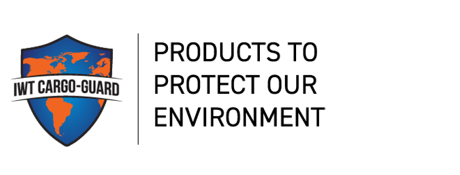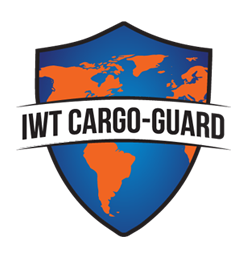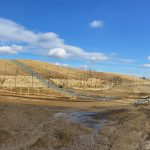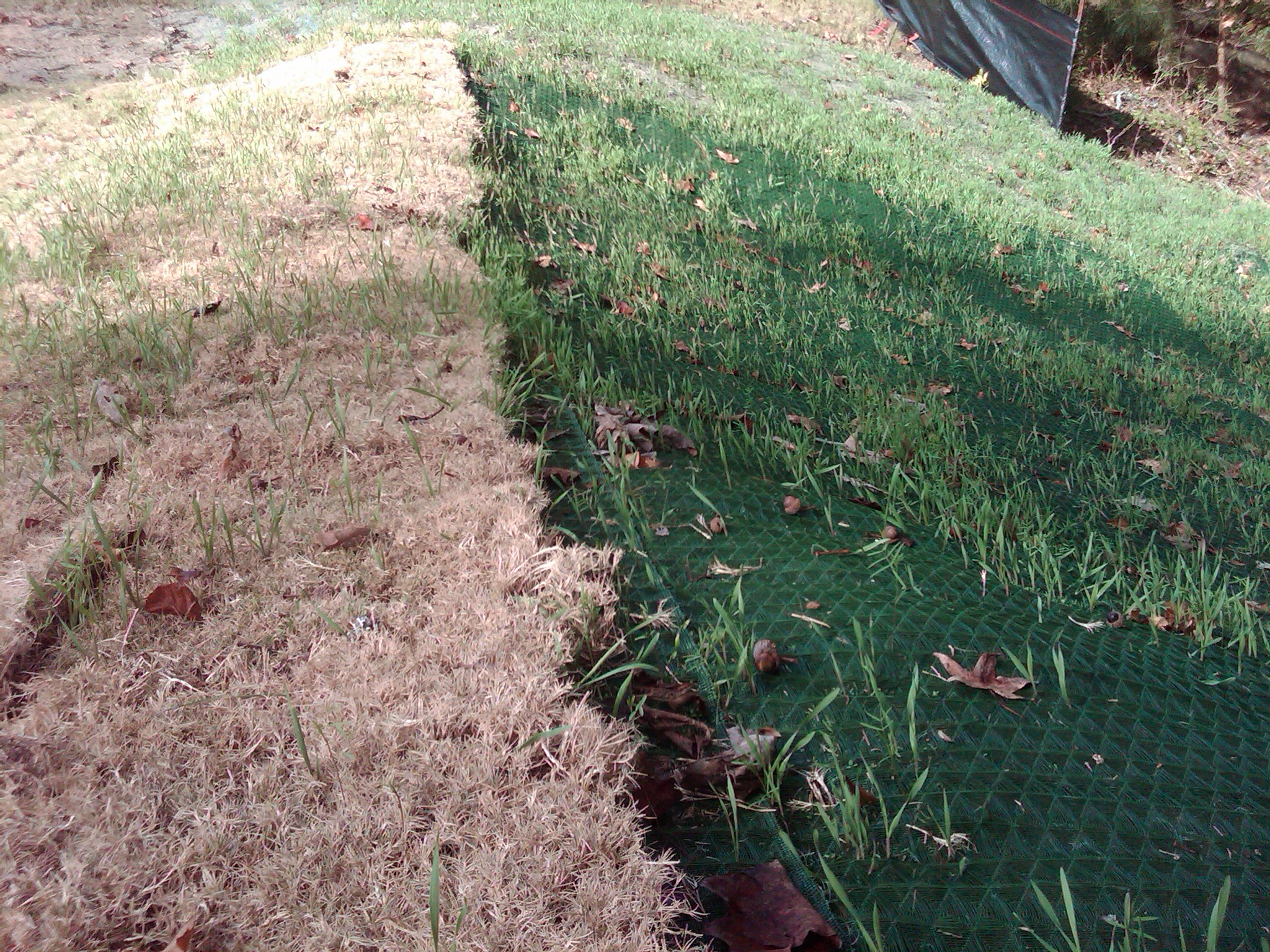Coconut Coir Logs: How They Work And Their Advantages
Erosion and sedimentation can have a significant impact on the environment, infrastructure, and local communities. Uncontrolled erosion can result in the loss of valuable topsoil, damage to property and infrastructure, and increased sedimentation in waterways, which can harm aquatic ecosystems. Erosion and sediment control projects aim to manage and mitigate the effects of erosion and sedimentation, using a variety of techniques and materials, including coconut coir logs. Coir logs can help address erosion and sedimentation by providing a natural and sustainable barrier that slows down water flow and traps sediment. This helps to stabilize slopes, prevent erosion, and protect nearby waterways from sedimentation. Coir logs are an effective and environmentally friendly solution for erosion and sediment control projects. Let’s take a more in-depth look at what coir logs are, how they work, and the advantages they provide.
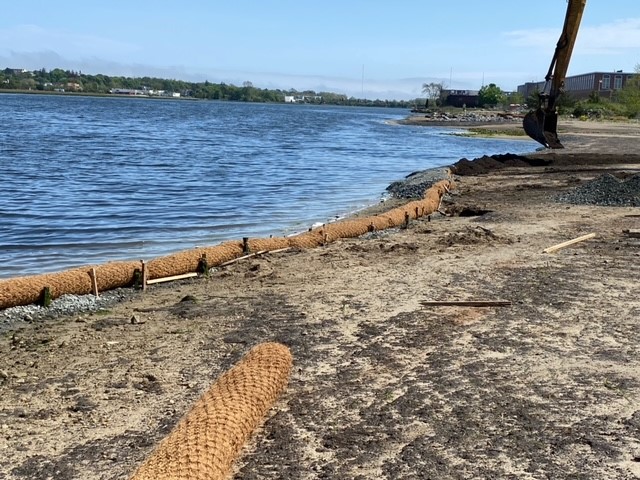
What Are Coconut Coir Logs?
Coir fiber logs are cylindrical tubes typically made from biodegradable coir twine netting that surrounds coconut coir. The coir fiber interior is densely packed which makes them a perfect long-term solution to control erosion. They come in various sizes, nettings, and densities and can even be customized to fit the needs of any erosion or sediment control project. They are typically used in areas where soil erosion is a concern, such as along slopes, stream banks, lake shorelines, or construction sites. Coir logs help to build up a compromised area so new vegetation can grow. In fact, most coir logs have a lifespan of 2 to 5 years before they naturally degrade in the soil. With that said, they return nutrients to the soil and naturally break down.
How Coir Logs Work
Coir fiber logs can be utilized for bioengineering applications to control erosion and protect shorelines. Coir logs are used in conjunction with coir mats to create temporary structural protection sites to streambanks, wetlands, and upland environments while vegetation becomes established and biological protection takes over. In other words, roots grow through the coir, rock, and soil which creates a strong form of shoreline protection that provides habitat and water quality protection.
Coir logs also work in slope applications by absorbing and retaining water, which helps to stabilize the soil and prevent erosion. Coir Logs filter sediment and other pollutants, which helps to improve water quality. Coir logs have a high water-holding capacity, which means as water flows through the coir logs, it is absorbed and held in the fibers. This helps to slow down the flow of water and reduce the velocity of the water which helps to prevent erosion and sedimentation.
The Advantages of Using Coir Logs
Coir logs offer a wide range of advantages when completing soil or erosion control projects. When municipalities or construction sites require solutions that protect natural resources and wildlife habitats while getting the job done without breaking the bank, coir products are the best way to go. Let’s take a closer look at the many advantages of utilizing coir logs.
Environmentally Friendly
One of the biggest advantages of coir logs is that they are made from a renewable resource – coconut fiber. Unlike other erosion control solutions that may use non-renewable resources, coir logs are an environmentally friendly option that does not harm the planet. They naturally degrade which not only returns nutrients to the soil, but it also allows the project to have minimal maintenance as removal is not necessary.
Cost-Effective
Coconut coir logs are a cost-effective solution for erosion and sediment control. They are less expensive than other solutions such as rip-rap, concrete, or gabions, and can provide similar levels of protection. Unlike other solutions, coir logs are constructed using materials that are available naturally, meaning costly construction or manufacturing is not a concern.
Easy to Install
Coir logs are easy to install and can be placed directly in the area of concern. They can be staked down with wooden stakes or anchored with metal pins to ensure they stay in place. Additionally, it’s recommended that vegetation be planted within the structure during the installation process. This will create a natural erosion control barrier once the log has been biodegraded.
Versatile
Coconut coir logs are versatile and can be used in a variety of settings. They are strong enough to withstand harsh weather conditions such as heavy rains or wind. When staked to a slope, they can effectively prevent soil slippage by holding the water until the sediment settles. They can also be used along with coir fiber matting to stabilize soils and allow natural vegetation time to grow.
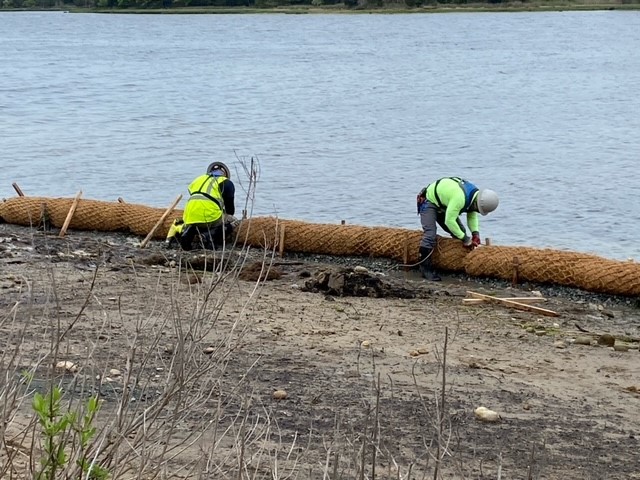
Coir Logs From IWT Cargo-Guard
If you are looking for an erosion control solution that is environmentally friendly, cost-effective, and easy to install, coconut coir logs may be the right solution for your project. IWT Cargo-Guard offers coir logs in a variety of sizes and densities, all proudly manufactured in the United States. Whether you’re working on an erosion or sedimentation control project, we have the BMP products you need. Get started today by reaching out to IWT Cargo-Guard.
